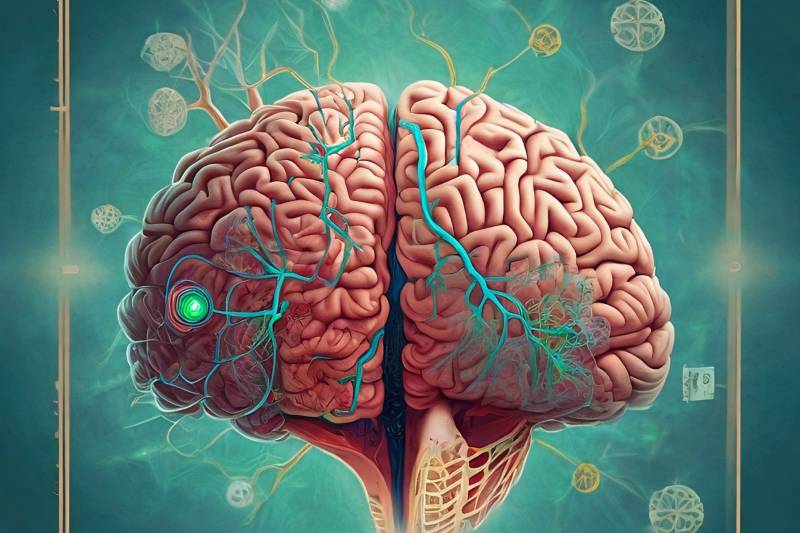Researchers at the University of Alabama at Birmingham have discovered a potential way to prevent a common side effect of Parkinson’s disease treatment. Their study, published in The Journal of Neuroscience, suggests that blocking a specific protein could stop dyskinesia from developing in patients using L-DOPA.
Parkinson’s disease occurs when neurons that produce dopamine die off. Doctors typically prescribe L-DOPA to replace lost dopamine. While this drug helps in the short term, it can cause dyskinesia – uncontrollable movements – with long-term use.
Treating Dyskinesia as a ‘Bad Memory’
The UAB team took an innovative approach to this problem. They viewed dyskinesia as a type of “bad motor memory” formed by the brain in response to L-DOPA treatment.
“Instead of looking for a completely alternative treatment, we wanted to see if there was a way to prevent dyskinesia from developing in the first place,” said David Figge, M.D., Ph.D., lead study author and assistant professor in the UAB Department of Pathology. “If dyskinesia does not occur, then patients could potentially stay on their Parkinson’s treatment for longer.”
Dyskinesia tends to recur quickly when patients restart L-DOPA after a break. This pattern led researchers to suspect the brain was forming and recalling a motor memory.
“It seemed like the brain was forming a motor memory, and each time a patient received L-DOPA treatment, this memory then recalled upon every subsequent L-DOPA exposure,” said Karen Jaunarajs, Ph.D., assistant professor in the UAB Department of Neurology.
Blocking Protein Shows Promise in Mouse Models
The team focused on the striatum, a brain region crucial for motor control. They found that certain neurons, called D1-MSNs, behaved similarly to memory-forming neurons in the hippocampus when exposed to L-DOPA.
“We found that some of these D1-MSNs were expressing genes indicating that they were being activated by L-DOPA and genes that were necessary for creating new connections with other cells,” Figge said. “This was very similar to what happens when you learn something new and recall that memory.”
The researchers identified a key protein, Activin A, produced by these neurons. When they blocked Activin A in mouse models, they prevented dyskinesia from developing.
“In essence, by prohibiting the protein from functioning, we were able to halt the development of dyskinesia symptoms in the mouse models, effectively erasing the brain’s memory of the motor response to L-DOPA,” Jaunarajs said.
These findings could lead to new ways to prevent dyskinesia in Parkinson’s patients, potentially allowing them to use L-DOPA treatment for longer periods without side effects.
The Parkinson’s Association of Alabama, the American Parkinson Disease Association, and the United States Department of Defense supported this study.


